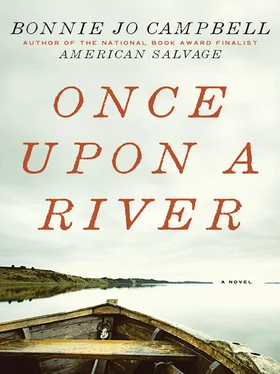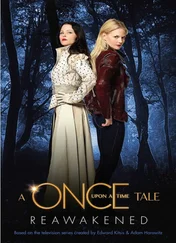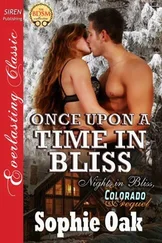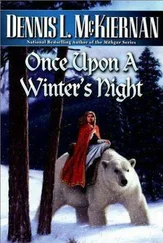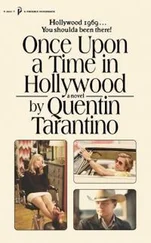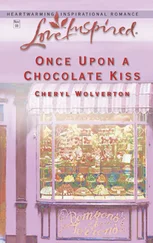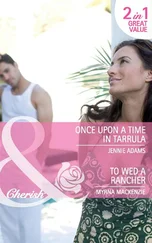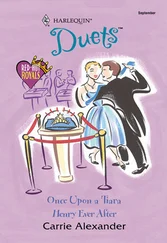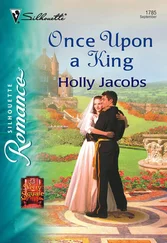“Don’t shoot!” a female voice whispered loudly from behind her. The deer started at the sound, doubled up its legs, and bounded from the water’s edge.
Margo jumped back down the bank, climbed into her boat, and pushed off.
“Hey, are you Junior’s cousin? Come back and hang out with us!” the girl shouted. Margo kept rowing. The girl said to someone else, “I think that was Junior’s cousin.”
Margo recognized her voice. She was one of Junior’s friends, a girl Ricky had once referred to as a slut. She cleared her throat and managed to say, “I got no cousins. My name is Annie.”
Margo rowed upstream, warmed herself against the current. She was glad the girl had stopped her from shooting the buck. The meat would have gone to waste on the riverbank. Margo rowed harder when she realized she had left the Murray house unlocked in her hurry. She wondered if Joanna would make her family another loaf of swirled cinnamon bread to replace the one Margo had taken. After about two hours of hard pulling in the dark, she found a shallow stream, maneuvered herself a few yards up into it, out of view of river traffic, and tied her boat to the roots of a tree. She curled up in her sleeping bag on the back seat of her boat as she used to curl on the couch to wait for Crane to come home, and fell asleep. Rocked by the motion of the river, she slept hard and for a long time, until the sun was high the following day. She woke up cold, stiff, and confused about where she was, and also grateful no one had bothered her. She’d heard no one shouting her name, but she felt eyes on her. She moved her toes to warm them inside her boots and saw on shore a big buck. When she sat up and made a noise with the tarp, the buck turned to show a V-shaped gash and then walked a few yards deeper into the woods. She ate half the loaf of cinnamon bread and began rowing again.
In the middle of the afternoon, Margo sighted ahead a riverside gas station where boats refueled, and where a person who was not afraid of being seen could tie up and buy a sandwich and some chips without going more than a few yards from the water. Margo hid out in the channel of an island cottage just downstream of the place. Nobody was home. She wondered what it would be like to live on a little island like this, with water flowing around her on all sides. She was about twelve miles upstream of Murrayville, and she knew she could only cover about a mile an hour when rowing against the current.
At dusk she saw a ten-point buck approaching, so she set out rowing again. Behind her she felt the flapping of a big bird’s wings, but turned and saw nothing. She passed the gas station unseen, and after that she mostly passed moonlit woods and fields, houses and cottages with floating docks and oil-barrel floats not yet taken out for the winter. In the dark, her rowing became as constant as her breathing. She saw the backs of car dealerships and machine shops. Some places were familiar: a cliff in which swallows dwelled in summer, a stone wall and tower that her grandpa had said were built by Indians, some ancient trees whose branches hung over the water in ways that seemed to Margo generous, the way Grandpa had been generous, or big and graceful the way Aunt Joanna always seemed big and graceful. The shimmer of security lights on the surface of the water reminded Margo that her mother was up ahead. She rowed much of the night, taking bites of bread until it was gone. When she was too tired to stay awake, she pulled over at a snag and slept again.
She awoke the next morning to a splash beside the boat, and when she looked into the dark water, she saw her father’s angry face reflected there. But then it was her own weary face, framed by dark hair. Her cheeks and lips were chapped from the cold, and her muscles ached. She set out slowly, switching sides of the river whenever it curved, knowing how the water was shallow and slow-moving on the outside of curves, and fast and deep on the inside where it was in the process of wearing away the riverbank. As she traveled around an oxbow, she remembered what Grandpa used to say, that such a bend in the river was a temporary shape, that eventually, over thousands of years, the river would reroute itself to the most direct path, never mind the houses folks had built in its way, never mind the retaining walls or the concrete chunks, the riprap they’d piled along the riverbank. The river persevered, Grandpa had said, and people would eventually give up. Margo remembered thinking she would not give up on making the river her own. It occurred to her now that Grandpa might have been speaking about his own house, the big Murray house, being eventually swept away. He might have been saying that the Murrays would not always be kings of the river. What had seemed permanent to Margo, the Murray river paradise, could have seemed fleeting to the man who’d created it.
By the afternoon of that second full day of rowing, she was tired and hungry beyond any exhaustion or hunger she had known. With each pull of her oars, she felt herself liquefying. A few times she paused and put her hands into the water to soothe them. When snow began to fall around her, she wondered if she might dissolve before she got where she was going, like the big flakes that fell on the water. When her legs cramped, she slipped backward with the current for a while, watched the same trees she had just struggled to pass fall behind her. She slipped easily by a whitewashed dock she had inched past with such effort a few minutes ago. She passed a great blue heron, four feet tall, standing in a few inches of freezing water, and the sight startled her awake. Before she let herself get carried away, she guided her boat to a sandbar. She turned to watch the heron, which should have flown off south months ago. The bird stiffened all the feathers on its head and neck and then stabbed at the water. It gulped down a finger-length fish and flew off upstream. Margo opened the plastic bag Junior had given her. She took the joint out and lit it with a safety match from her backpack. She smoked half of it, hoping to numb herself, and when it made her feel sick, she tossed the rest of it into the water. Within minutes, she was even hungrier.
She was light-headed at dusk. The marijuana’s pleasant effects had worn off hours before, and she was left with an emptiness that began in her growling stomach and stretched all through her. The water jug, too, was empty. It was well into night when a familiar cabin on stilts rose before her like a miracle, with its windows of dim, wavering light. She rowed past it to give herself room to maneuver, but when she stopped rowing she slipped downstream too fast and had to approach again. She tried to flex her fingers on the oars, but they had frozen into a curled position inside her leather gloves. The times she had seen this place with Grandpa, it had been daylight. The flickering lantern light made the cabin look mysterious. Brian had invited her to come for a visit, but she’d imagined sneaking in while he was gone. From here it was only a few miles more to Heart of Pines.
She rowed past the cabin again, guided herself toward the water’s edge, and then grabbed the wooden dock as it came toward her, almost pinching her hand between the boat and the dock. She tied up beside the Playbuoy pontoon she’d seen a few days ago. Tied on the other side of the dock was an aluminum bass boat. The pontoon tapped against her boat a few times, but its prow was tucked close to shore. She approached the cabin on foot, carrying only the rifle and making as little noise as possible. She could hear men’s voices as she climbed the wooden steps. The smoke churning from the cabin’s chimney smelled of cherry wood. She noted a hip-high stack of split logs filling the space between two trees a few yards from the cabin. The primitive place seemed all set for winter, giving the impression that somebody was planning on living there rather than just visiting on the weekends. A clothesline was strung near the dock. There was a five-quart plastic bucket of clothespins just outside the porch door, under the overhang of the tin roof. Margo entered the screen porch silently and stood outside a glass-paneled door for a few minutes. She made out Brian and his brother Paul inside, with their black hair and beards. So much had happened since three days ago when she had seen them. Brian got up and opened the door, still holding a hand of cards. “Who’s out there?”
Читать дальше
